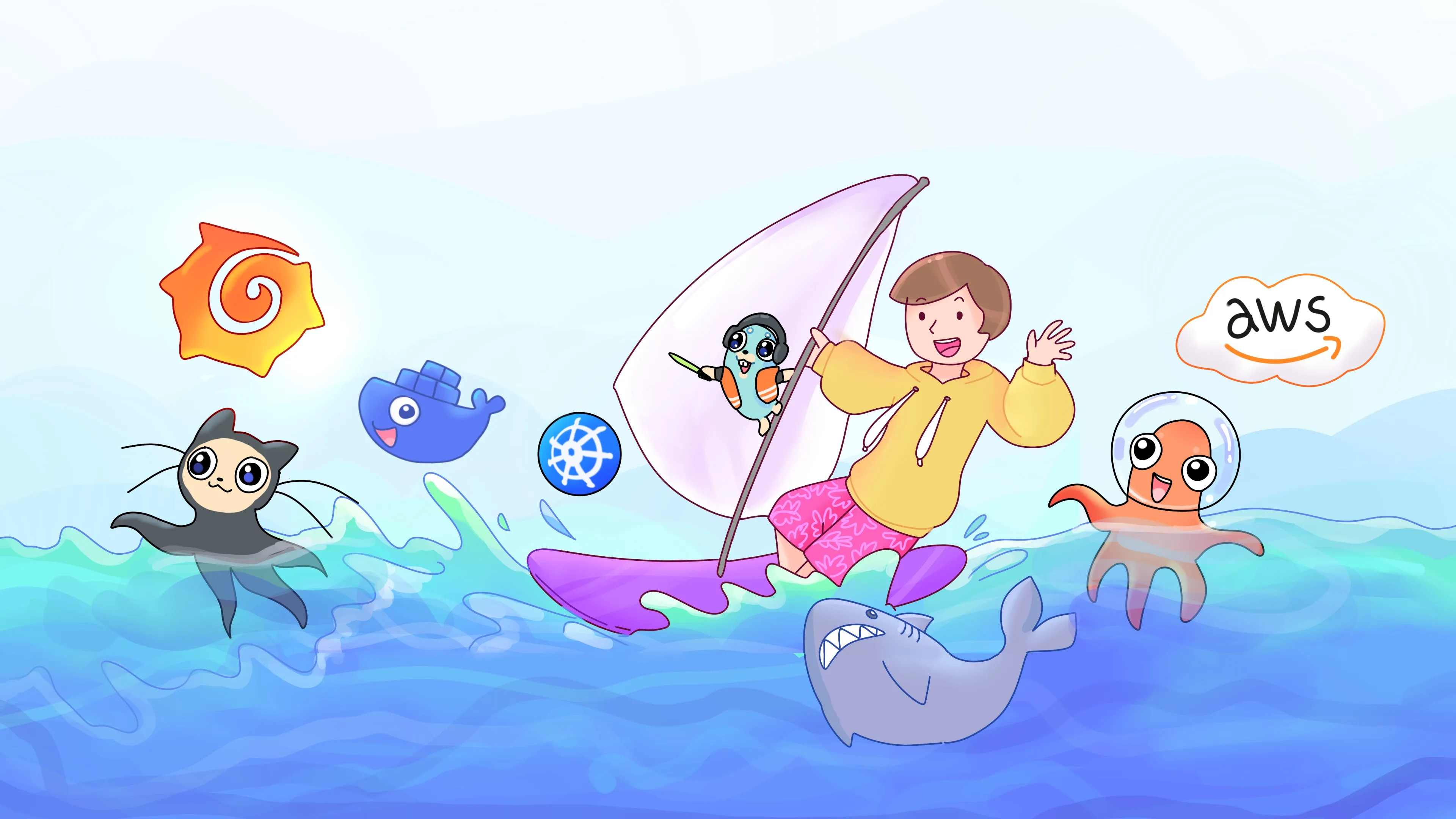Mastering GitLab CI/CD with Advanced Configuration Techniques

Forget glossy dashboards and slick demos — real DevOps happens in the trenches, with your .gitlab-ci.yml as your weapon of choice. If you’ve ever screamed at a broken pipeline at 2AM, you already know this: GitLab CI/CD is powerful, but only if you stop treating the YAML like a to-do list and start using it like an automation framework.
Let’s go beyond “Hello, pipeline” and dive into the real tactics that make GitLab CI/CD sing — cleaner configs, faster builds, safer deploys. No fluff. Just the good stuff.
GitLab CI/CD in One Sentence
It’s just code that builds, tests, and ships your other code — every time you push, merge, or screw something up.
All of that magic lives inside one file: .gitlab-ci.yml.
Anatomy of a Real Pipeline
A lot of YAML out there looks like someone copy-pasted it from Stack Overflow, prayed to the CI gods, and hit push. Here’s how to actually structure a maintainable pipeline:
stages: - build - test - deploy
build_job: stage: build script: - echo "Building the project..."
test_job: stage: test script: - echo "Running tests..."
deploy_job: stage: deploy script: - echo "Deploying the project..."This is the skeleton. Clean, clear, linear. Each stage is a phase in your pipeline. Jobs inside the same stage run in parallel (if your runners can handle it). You want your pipeline fast? This is your first speed lever.
Docker FTW
If you’re not pinning your jobs to Docker images, you’re doing CI in hard mode.
image: node:20-alpine
build_job: stage: build script: - npm ci - npm run buildPick the right image, and your builds become reproducible, portable, and — if you’re lucky — even fast. Don’t use latest, unless you enjoy surprise breakages on Monday mornings.
Artifacts & Cache: CI’s Secret Fuel
Let’s speed things up. A lot.
Artifacts keep things between jobs
build_job: stage: build script: - npm run build artifacts: paths: - dist/Cache keeps things between pipelines
cache: key: ${CI_COMMIT_REF_SLUG} paths: - node_modules/Use both wisely and your pipeline will go from molasses to caffeine-fueled cheetah. Abuse them, and you’ll be debugging stale builds in Slack at midnight.
Modular Configs with include
Once your pipeline file hits 100 lines, YAML becomes YELL.
Split the logic:
include: - local: ".gitlab-ci/build.yml" - local: ".gitlab-ci/deploy.yml" - project: "devops/templates" file: "/shared/test-suite.yml"Now your CI config is maintainable. Reusable. Testable. Like actual code.
Secrets Stay in the Vault
This should go without saying, but let me say it louder for the folks in the back:
Never hardcode secrets in your YAML.
variables: AWS_SECRET_ACCESS_KEY: $AWS_SECRET_ACCESS_KEYManage these in GitLab’s UI — project, group, or instance level. Use protected variables for protected branches. This is basic security hygiene. Don’t be the person who commits prod_db_password: hunter2.
before_script, after_script — Your Pipeline’s Wrapper
Need to prep or clean up every time? Use these:
test_job: stage: test before_script: - echo "Setting up..." script: - npm test after_script: - echo "Tearing down..."Common use cases: bootstrapping test databases, setting env vars, collecting logs, rage-logging failures. Think of it as your pipeline’s setup/teardown hooks.
Smarter Pipelines with rules
Want jobs to run only when they should? Stop misusing only/except and start using rules like a grown-up.
deploy_prod: stage: deploy script: - ./scripts/deploy-prod.sh rules: - if: '$CI_COMMIT_BRANCH == "main"' when: always - if: '$CI_PIPELINE_SOURCE == "merge_request_event"' when: neverNo more accidentally deploying from a typo branch.
Real Optimization: Dynamic Variables + Better Caching
You can tweak pipeline behavior on the fly with job-level variables:
deploy: stage: deploy variables: ENV: "staging" script: - ./deploy.sh $ENVUse CI_COMMIT_REF_NAME or other built-in vars to drive environments, image tags, and artifact names.
And yes, cache keys matter:
cache: key: "${CI_COMMIT_REF_SLUG}" paths: - vendor/A unique cache per branch keeps builds fast without cross-contamination.
TL;DR: How to Not Suck at GitLab CI
- Your
.gitlab-ci.ymlis real code — treat it like it - Use Docker images, not host dependencies
- Cache smartly, artifact deliberately
- Never repeat yourself — modularize with
include - Use
rulesto make your pipeline conditional and intelligent - Secrets belong in GitLab UI, not version control
- Optimize for speed, clarity, and safety — in that order
Takeaway
CI/CD isn’t magic. It’s just engineering. But bad pipelines will eat your hours, your weekends, and your soul.
Take the time to build it right. Start with the basics, modularize as you grow, and automate like your job depends on it — because it probably does.
Next step? Open up your .gitlab-ci.yml, rip out the duct tape, and make it battle-ready.
And if you’re serious about leveling up your DevOps game, bookmark GitLab’s CI/CD docs — and maybe finally read them.
Social Channels
- 🎬 YouTube
- 🐦 X (Twitter)
- 🐘 Mastodon
- 🧵 Threads
- 🧊 Bluesky
- 🎥 TikTok
- 📣 daily.dev Squad
- ✈️ Telegram
- 🐈 GitHub
Community of IT Experts
- 👾 Discord
Is this content AI-generated?
No. Every article on this blog is written by me personally, drawing on decades of hands-on IT experience and a genuine passion for technology.
I use AI tools exclusively to help polish grammar and ensure my technical guidance is as clear as possible. However, the core ideas, strategic insights, and step-by-step solutions are entirely my own, born from real-world work.
Because of this human-and-AI partnership, some detection tools might flag this content. You can be confident, though, that the expertise is authentic. My goal is to share road-tested knowledge you can trust.

